Installing an oversized or undersized heat pump can lead to inefficiency, increased energy costs, and reduced comfort. Investing the time and effort to determine the heat pump size for your specific needs will pay off in the long run. Always follow the manufacturer’s guidelines and consult with professionals when in doubt. Getting a “How to Pick The Right Size Heat Pump Guide” is very helpful. The right size heat pump for your home is crucial for efficient heating and cooling. The size of a heat pump is typically measured in British Thermal Units (BTUs) or tons.
In this guide, we’ll navigate the ins and outs of selecting the perfect heat pump. Here’s a general heat pump size guide from Air Perfection to help you determine the appropriate size for the heat pump:
Understanding Heat Pump Basics
Understanding the basics of how a heat pump operates is crucial when considering this technology for your home or building. It’s also important to note that heat pumps are most effective in regions with moderate climates, as their efficiency may decrease in freezing temperatures. Energy-efficient heat pumps, work like magical temperature control devices. They move heat between the indoors and outdoors. Here are the basic principles behind how a heat pump operates:
Why Size Matters
Size matters, not just in shoes but in heat pumps too. An oversized or undersized HVAC system can lead to inefficiencies, discomfort, and unnecessary expenses. Let’s decode the science behind the perfect size. When it comes to heating, ventilation, and air conditioning (HVAC) systems, including heat pumps, size matters significantly. The size of the system, in this context, refers to its capacity to heat or cool a given space.
Bigger Isn’t Always Better
Contrary to popular belief, bigger isn’t always better. We’ll explore why an oversized heat pump can lead to short cycling, reduced comfort, and unnecessary wear and tear. The principle “bigger isn’t always better” is highly applicable when it comes to heating, ventilation, and air conditioning (HVAC) systems, including heat pumps.
Environmental Impact
Thinking green? So are we. Discover how choosing the right size heat pump contributes to energy conservation and a more sustainable future. The environmental impact of heat pumps and HVAC systems is a crucial consideration as we strive to reduce carbon emissions and mitigate climate change.
You should also read: Heat Pumps: Floor Mounted Vs Wall Mounted
Installation Considerations
Installation is a crucial step. The importance of professional installation impacts the performance and longevity of your heat pump. The installation of a heat pump is a crucial process that significantly influences its performance, efficiency, and longevity.
Regular Maintenance for Optimal Performance
Your heat pump needs regular check-ups. Regular maintenance and knowing how to clean the heat pump filter are crucial for ensuring the optimal performance, efficiency, and longevity of your heat pump system. Here are some key maintenance tasks to include in your routine:
Important considerations:
- Adjust size based on climate colder regions may need larger heating capacity.
- Factor in insulation quality, window efficiency, and ceiling height.
- Professional consultation is important for accurate sizing.
Long-Term Savings: A Wise Investment
Think of your heat pump as an investment, not an expense. Discover how the right choice now can lead to long-term savings and increased property value.
Investing in a high-quality, energy-efficient heat pump system may have a higher upfront cost, but it often leads to significant long-term savings. When considering the long-term savings of a heat pump, it’s essential to evaluate not only the upfront cost but also the total cost of ownership, including energy bills, maintenance, and potential incentives. Also, an expert heat pump maintenance service will help you improve the heat pump’s longevity. Consulting with an HVAC professional and considering your specific needs and local conditions will help you make an informed decision about the best heat pump for your home.
Final Verdict
Selecting the right heat pump involves considering strategic choices and ensuring its optimal performance. Each step plays a key role in the overall effect and efficiency of the system, from understanding the basics of how heat pumps work to navigating budget constraints, environmental impact, and installation considerations. Remember that size matters and bigger is only sometimes better when it comes to heat pumps. along with a focus on proper energy efficiency, proper sizing contributes to lower energy bills, reduced environmental impact, and improved comfort.
Regular maintenance is the key to maximizing the lifespan and efficiency of your heat pump. By incorporating routine tasks such as filter replacement, cleaning coils, and professional inspections, you can address issues early on and ensure the system operates at its best. In summary, a well-informed approach and proactive maintenance are primal to the full potential of your heat pump. You can enjoy reliable heating and cooling by prioritizing efficiency, and sustainability.
Frequently Asked Questions
1. What size heat pump do I need for my house?
Calculate the total heating and cooling load for your home, considering factors like square footage, insulation, climate, number of occupants, and sunlight exposure.
2. How do I calculate what size heat pump I need?
Use a Manual J Load Calculation performed by an HVAC professional. This comprehensive method considers all relevant factors to determine the most accurate size.
3. How to calculate heat pump size per square foot?
For heating, multiply square footage by 20-25 BTUs per square foot. For cooling, use 20-30 BTUs per square foot. Adjust based on specific home characteristics.
4. What are the Heat pump size per square foot guidelines?
For heating: 20-25 BTUs per square foot and for cooling: 20-30 BTUs per square foot.






